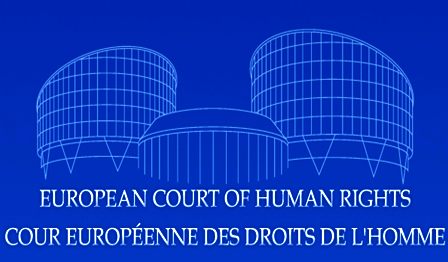|
|
|||||||||||||
|
WHOOPS - This is the document that Cramp & Co did not know about when defending a case between 2006 and 2008 - but would have discovered if they had challenged the medical evidence as instructed by their client. This could have led to an adjournment, and following specialist reports, dismissal of the case, on the assumption that appropriate applications would then have been made. The Crown's expert, Dr. Melanie Liebenberg, told the Court that a naturally occurring anatomical feature was suspicious. The above document reveals more than that little error, it also reveals that if the girl had been penetrated as claimed, there would have been physical evidence to back that up. When as a matter of fact the girl was "tightly closed and could not be opened with labial traction." Virginity tests should be mandatory in all cases where penetration is alleged. It's time for a change in the law to protect victims of false allegations. Children from single parent families are more prone to making false allegations - especially against departing (foster/step) parents, who they treat as disposable items against which to vent their frustrations at being abandoned by their biological fathers. Anyone legally aided in a British court is unlikely to receive a fair trial.
HUMAN RIGHTS ACT - A FAIR HEARING According to Article 6:
(a) to be informed promptly, in a language which he understands and in detail, of the nature and cause of the accusation against him;
(b) to have adequate time and facilities for the preparation of a defence;
(c) to defend himself in person or through legal assistance of his own choosing or, if he has not sufficient means to pay for legal assistance, to be given it free when the interests of justice so require;
(d) to examine or have examined witnesses against him and to obtain the attendance and examination of witnesses on his behalf under the same conditions as witnesses against him;
(e) to have the free assistance of an interpreter if he cannot understand or speak the language used in court.
The scales of injustice - heavily weighted against the common man
Unfortunately, this is rarely the case where a rich man can easily issue instructions to a firm of solicitors and get instant results - good or bad - he gets instant results. Whereas a poor man inevitably experiences difficulty engaging a firm of solicitors, and even if he manages to get his foot in the door, the Legal Services Commission will then seek to strike out his application for public funding. The poor man does not get instant results, not even results in a reasonable timeframe.
We know of a case where an application for funding took a year to be refused and the reason for refusal was itself perverse - the LSC review board invited the applicant to go through the mill again rather than exercise his right to a fair hearing. This then became referred to the Rt Hon Gregory Barker MP (conservative Battle area) who has so far failed to take the matter up with the Parliamentary Ombudsman - it is alleged because his mate Rupert Thornely-Taylor, also a member of the Conservative party, wanted the matter hushed up. Where the matter was put before Ian Duncan Smith as leader of the Conservative Party, he declined to investigate.
Hence. fair has many connotations. Firstly, a person must be given the opportunity of examining the evidence against him. Secondly, where the law is highly specialised, the Government must arrange the system so that every person has access to justice, even if it means publicly funding cases where a person may not be in a position to afford legal representation - clearly the system is problematical. Conditional fee arrangements do not cater for this kind of litigation. Understandably, solicitors are not inclined to spend time on complicated planning cases, when they can chase ambulances for easy money.
You may care to agree that in the circumstances the: "Access to Justice Act" should properly be titled the "Cop Out Justice Act".
EXAMPLES OF WEALDEN DISTRICT COUNCIL KNOWINGLY DEFYING ARTICLE 6:
Brian Goodacre John Hoath LawrieTrill
Perhaps this is a contributing factor to the plethora of reported serious abuses of authority plaguing Council's up and down the country. Where planning is concerned there is very limited access to justice! What is your MP doing about it? Probably nothing. He's too busy working our his expenses claims.
How to get redress The Protection of Property Rights The Right Not to be Discriminated Against The Right of Free Expression The Right of Peaceful Protest The Right to Know The Right to Privacy The Rights of Defendents The Rights of Prisoners The Rights of Suspects The Rights of Travellers The Rights of Victims and Witnesses Further Information and Advice The Human Rights Act Liberty Website
UNIVERSAL DECLARATION OF HUMAN RIGHTS
EUROPEAN CONVENTION OF HUMAN RIGHTS
|
|||||||||||||
|
|


